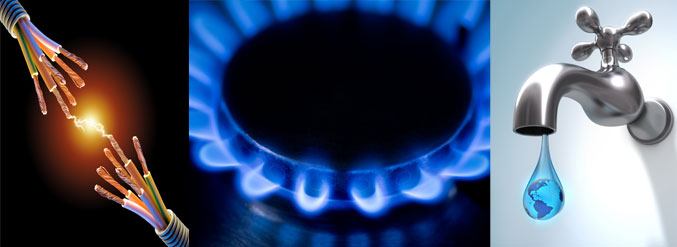A crucial step in delivering the UK’s energy security and low carbon future was taken today with the publication of the Government’s plans for the national rollout of smart meters.
Alongside the Government’s response to the Smart Meters Prospectus consultation, the Department of Energy and Climate Change has set out the overall strategy and timetable for the installation of 53 million smart meters in 30 million homes and businesses across Great Britain, estimated to have a net benefit to the nation of £7.3 billion over the next twenty years.
Secretary of State for Energy and Climate Change Chris Huhne said:
“Smart meters are a key part of giving us all more control over how we use energy at home and at work, helping us to cut out waste and save money.
In combination with our plans to reform the electricity market and introduce the Green Deal for home and businesses, the rollout of smart meters will help us keep the lights on while reducing emissions and getting the best possible deal for the consumer.”
Smart meters will deliver a range of benefits to consumers, energy suppliers and networks:
• Consumers will have real time information on their energy consumption to help them control energy use, save money and reduce emissions.
• Suppliers will have access to accurate data for billing, allowing them to improve their customer service and reduce costs, for example by reducing call centre traffic, ending visits by meter readers
• Energy networks will have better information with which to manage and plan current activities as well as the move towards smart grids to support sustainable energy supplies.
The rollout of smart meters will take place in two phases. During the foundation stage, beginning now, the Government will work with industry, consumer groups and other stakeholders to ensure all the necessary groundwork is done for the second stage, the mass rollout.
The foundation stage will enable the industry to build and test all the systems required to start the mass rollout, ensuring positive consumer engagement and delivering energy saving benefits. A key part of this will be learning from early installations. It will also enable the companies to test and learn what works best for consumers, and how to help people get the best from their meters.
The Government expects the mass rollout to start in early 2014 and to be completed in 2019.

